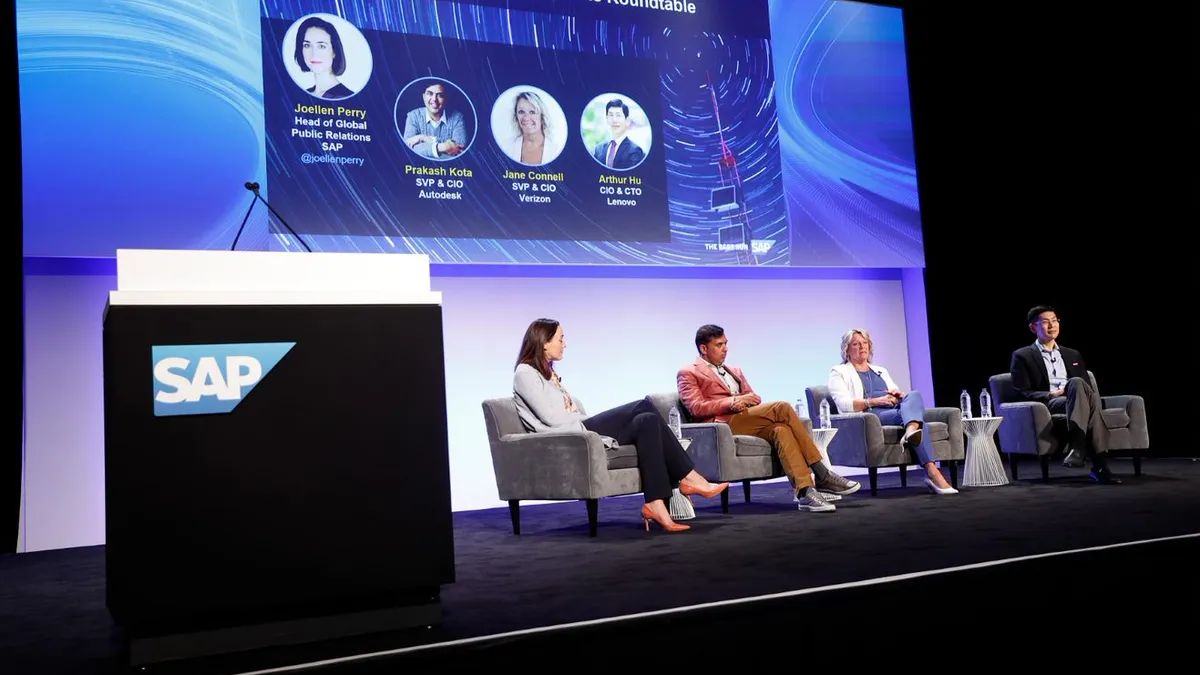Ambitious tech plans at organizations nationwide are running into one essential shortage: talent.
Companies are competing to attract high-skilled workers while retaining those already in-house.The talent need is clear across industries, with job postings for technology occupations surpassing 443,000 in April and totaling 1.6 million year-to-date, according to CompTIA data. The number of postings grew 40% compared to the same period last year.
The talent challenge puts the onus on CIOs to make their organizations attractive employers for technologists, said Jane Connell, SVP and CIO at Verizon, speaking Tuesday at a virtual event hosted by SAP.
"You can't delegate that," said Connell. "You've got to create that culture, that environment that people want to be a part of. You have to create the work that's going to draw them."
CIOs planning to transform their organizations and support digital changes will need to create strategies to attract, develop and retain top technology workers. Executives can develop programs for upskilling where necessary, change the culture of their companies and convey to potential hires the opportunity for career growth.
There's been a shift in what candidates are looking for in a potential employer, according to Prakash Kota, Autodesk CIO. No longer is work stability top of mind for the rising class of technologists.
"When I interview candidates, whether it's campus recruiting, or the next younger generation coming into the corporate environment, the kinds of questions that they're asking … they want to know what is the purpose of the company," said Kota.
Talent dynamics
Labor indicators show high demand: Unemployment in IT for the month of April was at 1.7%, trailing the national unemployment rate of 3.6%, according to CompTIA. But for some, claims of an all-out war for talent are exaggerated.
"It feels so episodic," said Arthur Hu, SVP, global CIO and Services & Solutions Group CTO at Lenovo. Some leaders get too focused on narratives like the war for talent, and lose sight of fundamental questions, such as "do people want to work with you and your team to achieve great things?"
"I really encourage us to get away from what I view as hysteria that's unhelpful around the Great Resignation and the war for talent," said Hu. "It's always there, and I think the point is that we should always be thinking about [talent] but in a very human-centric way."
CIOs have several avenues for influencing company culture. Companies trust them to equip workers with the tools they need to foster collaboration and increase productivity. That, in turn, can impact employee satisfaction..
The model has shifted, and potential employees are assessing whether or not an employer can provide them with what they need, as opposed to the old model of job interviews directed solely at the candidate, Connell said.
"It's very important for us to really balance both focus on recruiting what we don't have, help them come in and help us, and then try to develop existing talent and give them opportunities," said Kota.












